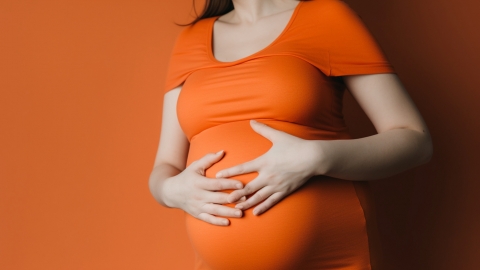Can I eat rambutan during the late stages of pregnancy?
In general, women in their third trimester of pregnancy can eat rambutan, but should consume it in moderation. Detailed explanations are as follows:

Rambutan is rich in nutrients such as vitamin C, B-complex vitamins, potassium, and iron. Vitamin C promotes collagen synthesis, helps maintain healthy skin and mucous membranes, and enhances immunity. Potassium helps regulate electrolyte balance in the body and can alleviate common edema issues during late pregnancy. The dietary fiber contained in rambutan promotes intestinal motility, helping to prevent or improve constipation during pregnancy. Additionally, its sweet and sour taste can stimulate appetite to some extent, providing necessary nutritional supplements for both mother and fetus in the late stages of pregnancy. As long as pregnant women in their third trimester are not allergic to rambutan and their blood sugar levels are within a reasonable range, moderate consumption generally does not cause adverse effects on the mother or the fetus, and can serve as a beneficial supplement to a balanced diet.
When consuming rambutan, it is recommended to choose fresh, unspoiled fruits, thoroughly wash the fuzzy surface and impurities off the peel to avoid gastrointestinal discomfort caused by unclean food; when peeling, be sure to remove the hard shell covering the seed to prevent accidental swallowing. Consumption should be strictly controlled, with no more than 5–6 fruits at one time, to avoid excessive sugar intake leading to blood sugar fluctuations or excessive dietary fiber intake causing bloating. Additionally, if symptoms such as rash, itching, or abdominal pain occur after consumption, stop eating immediately and seek medical attention promptly.





